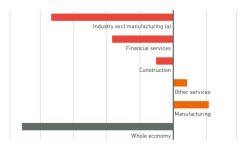As is their obligation according to the Geneva Convention. The alone is giving £1.2bn to support refugees from Syria, including support to Turkey. Besides, I thought Turkey was now in receipt of $billions from the EU to support refugees locally?
The money that's actually been received - rather than just promised - isn't enough. Turkey is still billions in the red from this.
Yes, this is Turkey's obligation under the Geneva Convention but it's unrealistic to expect them to cope on their own. No country of Turkey's size could cope with 2.2+ million refugees even with generous financial aid.
If your neighbour's house is on fire, you help put it out for your own sake. Turkey is rightly angry that other countries have buried their heads in the sand about the situation.






